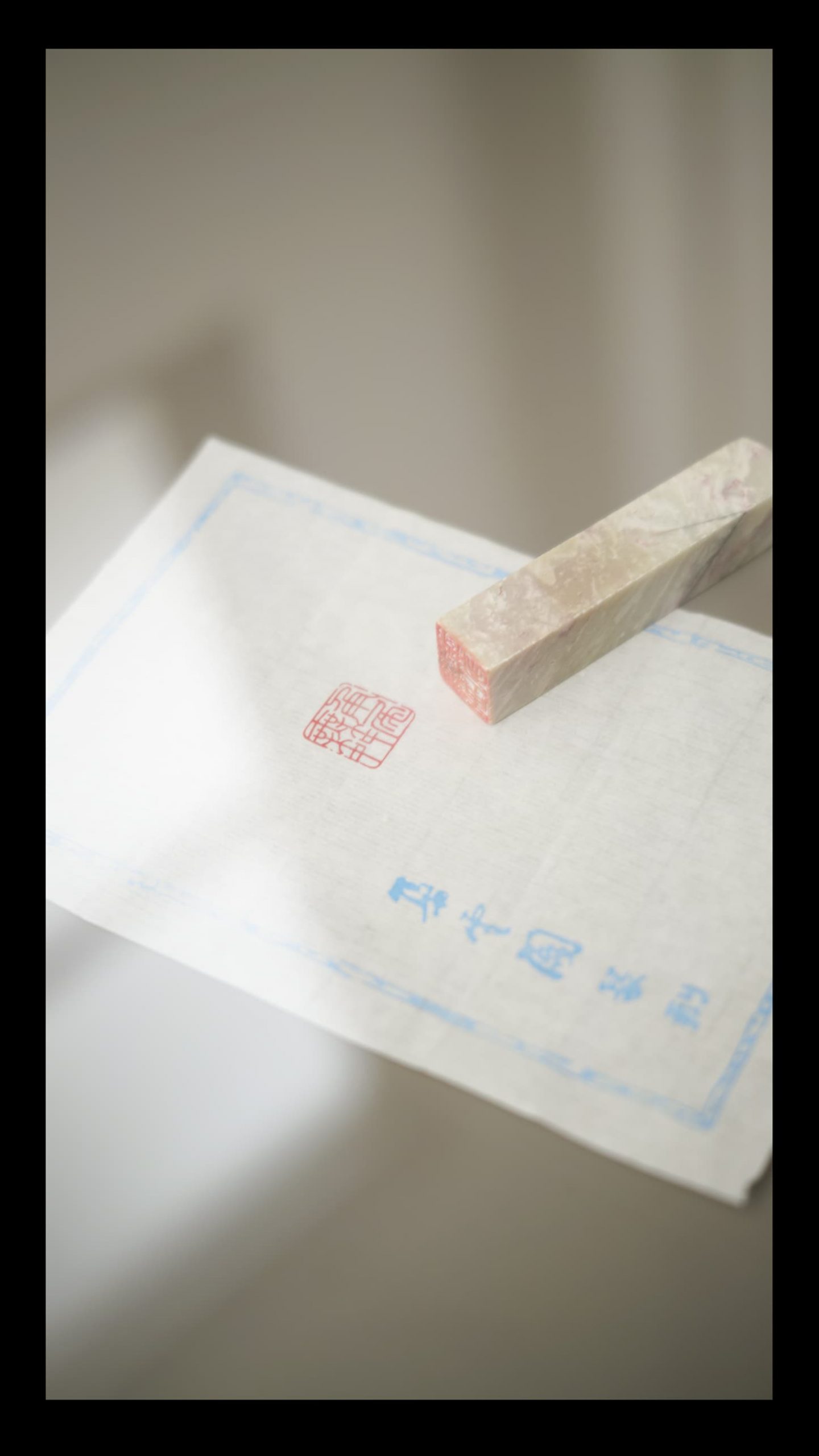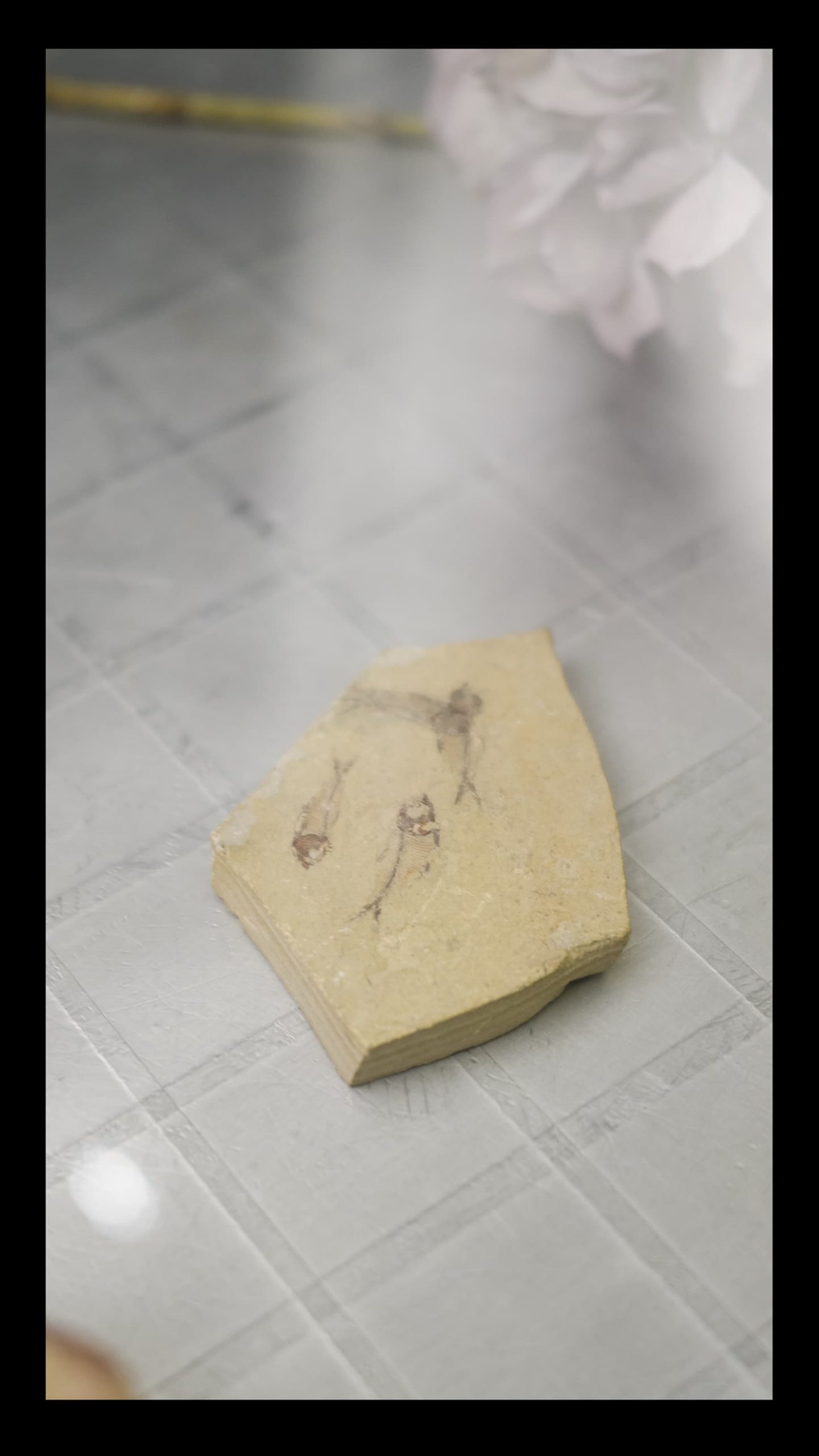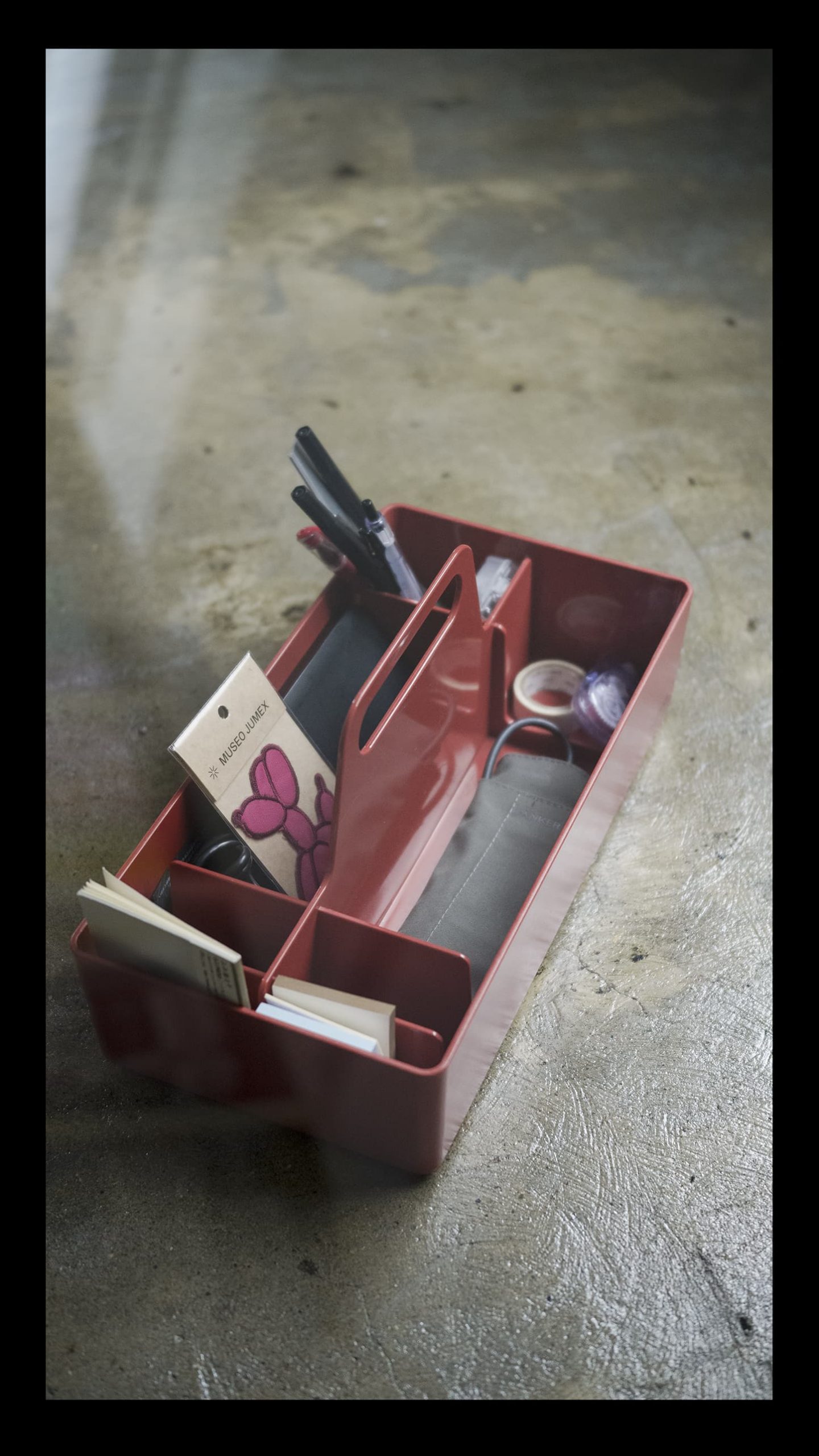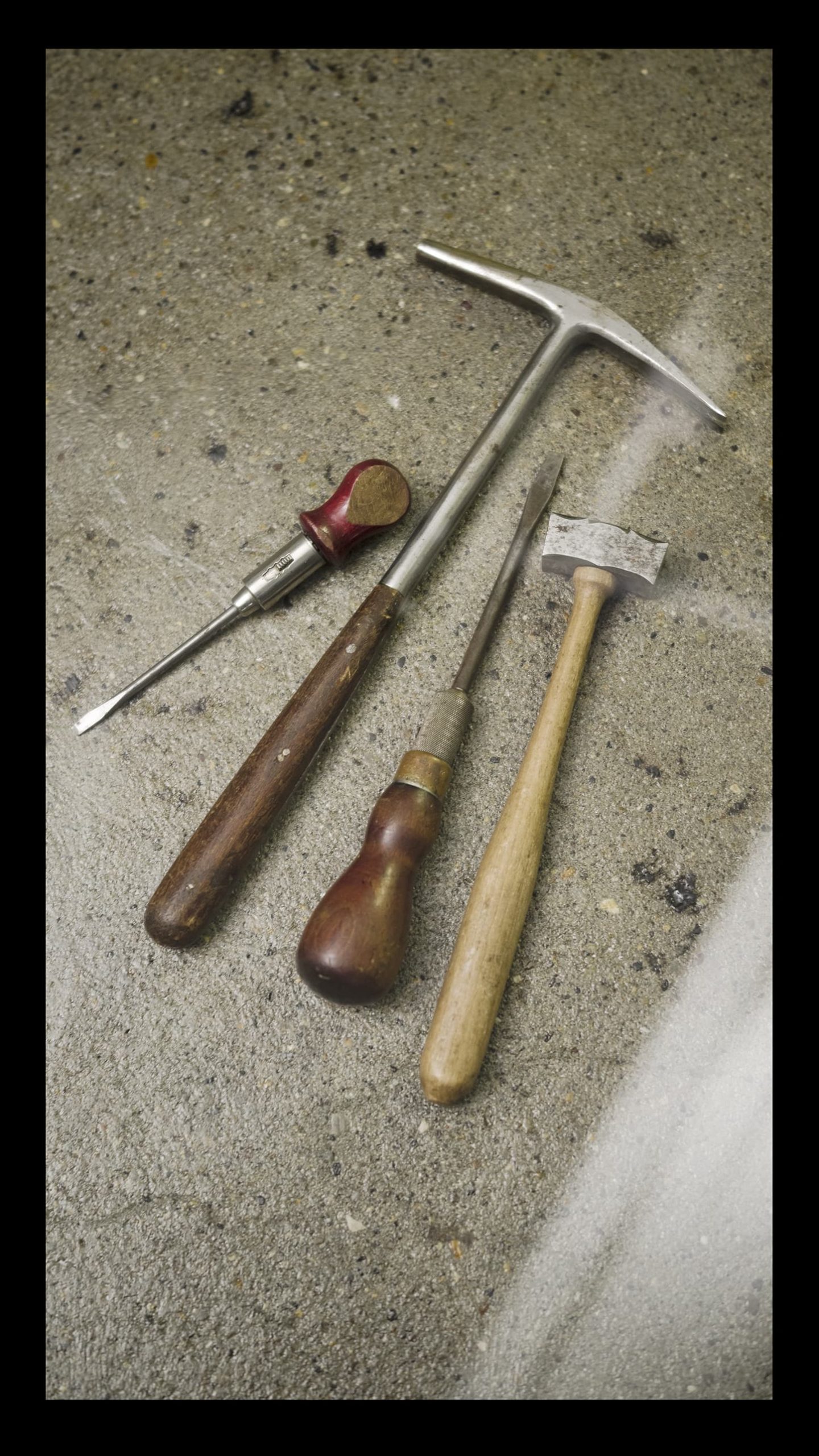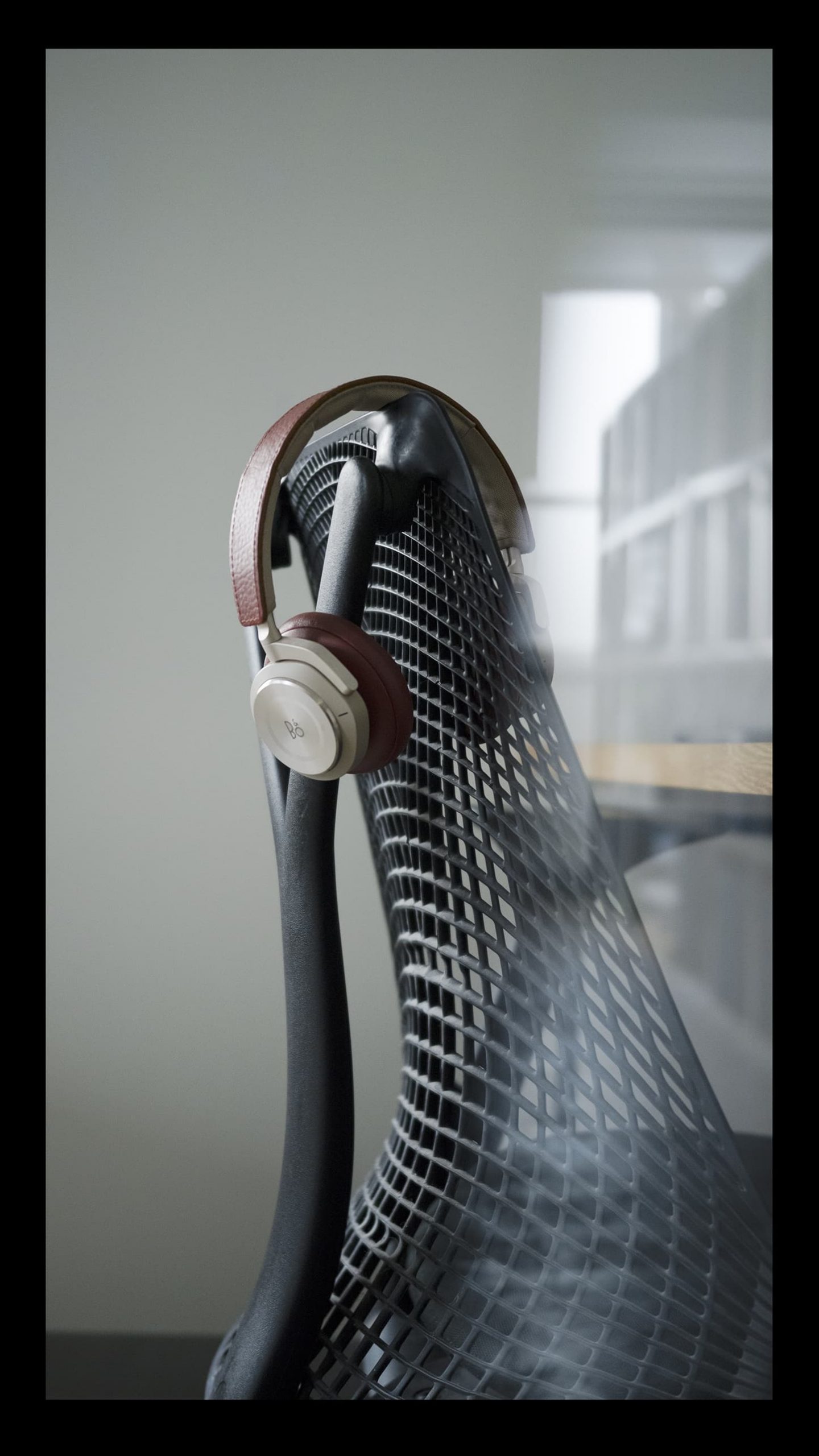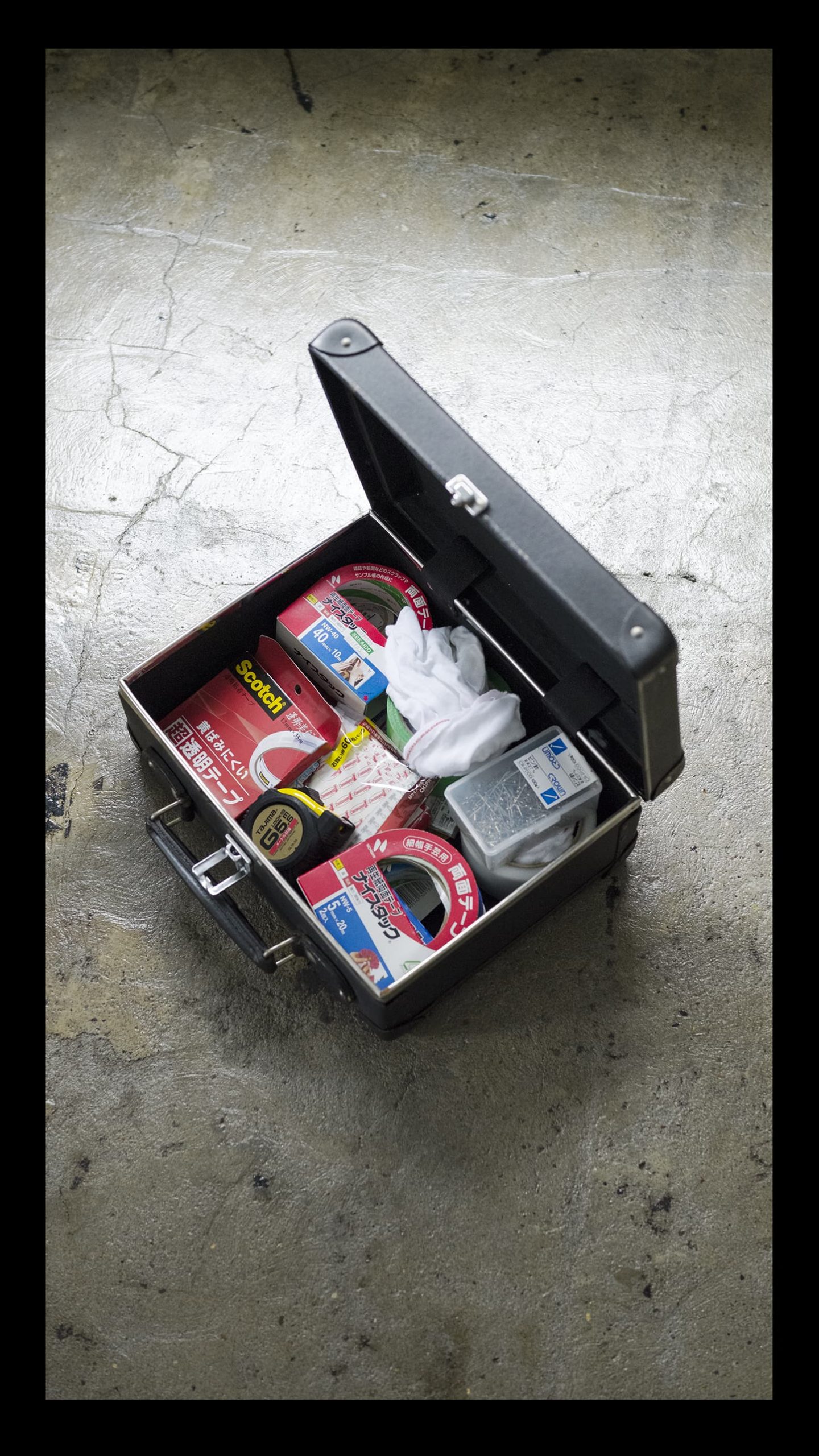
Mai Tsunoo
Design writer / Curator
Produce: Yoshinao Yamada, Photo: Hiroshi Iwasaki, Video: DRAWING AND MANUAL
*English subtitle is available on this video.
Words+fp
"My work consists of ‘cutting something
out of the existing world’.
In a way, I actually try
to write in a way
that is similar to photography”
"I’ve been introducing myself as a curator and design writer”
Lately, I’ve been introducing myself as a curator and design writer. Originally, I worked as an assistant for a design engineer called Shunji Yamanaka, but when I spent a year abroad in Scotland, I decided to find something new. I started writing for magazines, and once I was back in Japan I kind of started working freelance. In addition, I do planning for exhibitions or for PR, I do direction for film productions and so on. In the end, when I create written components I often begin by building a team, with graphic designers and photographers. Sometimes it is more like a creative direction job.
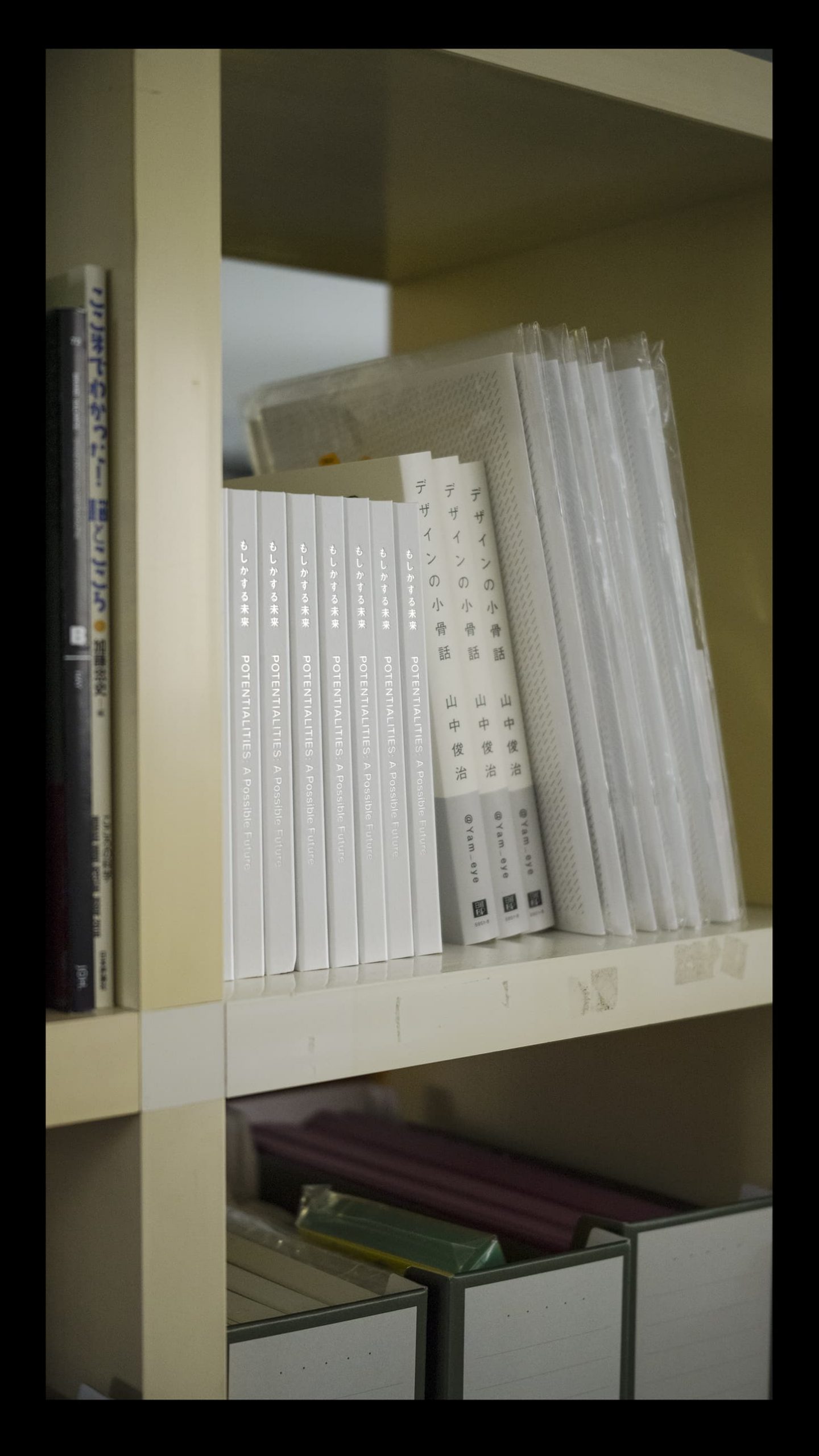
"A kind of spokesperson for designers”
I’ve always enjoyed writing but never thought it would become my job one day. If anything, I thought I’d do something design-related. Working at Shunji Yamanaka’s office, I was able to meet many designers but I noticed that while many of them are able to create things, surprisingly few people write and communicate about their work. At some point I thought that it should be possible to become a kind of spokesperson for designers.
"The time I spend on researching is always very fulfilling for me”
Doing research and interviewing people is a huge part of my work. There’s a certain improvisational aspect to being in a conversation with one another. I always feel excited about meeting someone and exchanging words with them. The time I spend on researching is always very fulfilling for me. Talking to someone at the very front-lines of their field or young, talented people and asking them question is definitely the part that makes this work worth it for me.
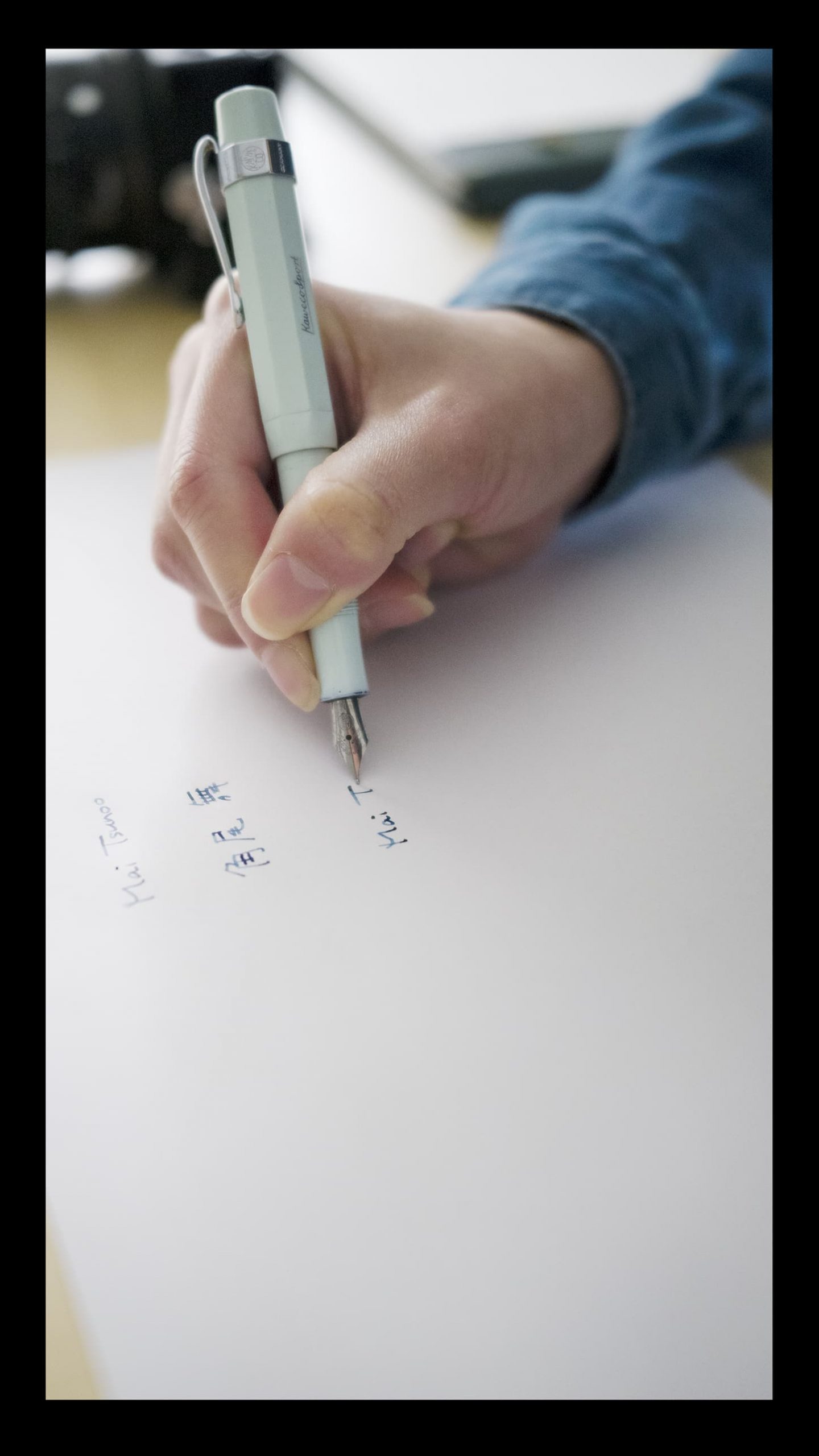
"I love collecting anything that seems strange or unfamiliar to me”
I went to Shanghai in fall last year, and the laundry hanging everywhere in the city left a big impression on me. I saw laundry hanging near the walls in narrow side-alleys or being hung to dry on clotheslines along the road. In Tokyo, for example, people try to hide their laundry from strangers’ eyes as much as possible but Shanghai was the complete opposite. It seemed very cute to me. In my private life, I love recording such unfamiliar scenes in photos. Everything I see in Japan is something I’m already familiar with, so I love collecting anything that seems strange or unfamiliar to me when I go overseas.
"I treasure the things that I found only because I did something unplanned”
I love the unexpected! Of course, when I’m flying somewhere, everything needs to go according to schedule, but apart from that I prefer taking things as they come. I also love finding antique shops when I travel. One of my hobbies is taking home something old that is typical for the region I visited. For example, when I visited the Salone del Mobile in Milano for research, the city was overcrowded on my very last day. I decided to go to Torino, about an hour and a half away. I knew that the monthly flea market took place that day – it was a Sunday – and simply took the train. As expected, it was a very different experience to the antique stores in Japan; everything had a charming Italian disorderliness to it. I bought a 1930s espresso maker, the kind you place directly on the stove. I treasure these things that I found only because I did something unplanned. I think the same is true for moments that stay in your memory for years. In my case, I also try to take photographs in such moments. I also preserve them in text form or in my diary, rather than merely recording them.
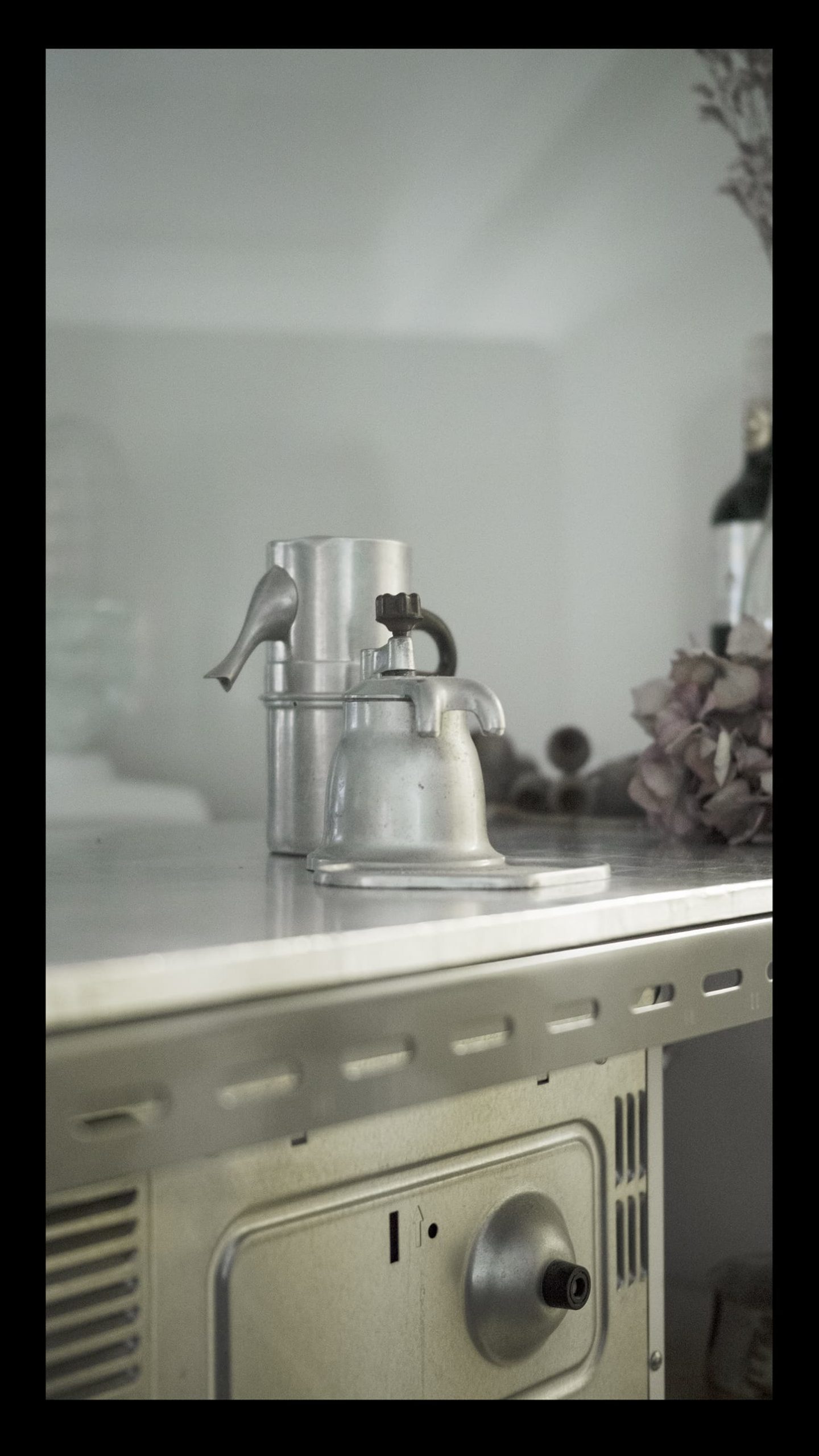
"Photographers can see things and people’s facial expressions at the lever that is finer than my eyes can see”
I find it amazing that photographers are able to communicate without words. It is
especially delightful to work with photographers whose work lets you feel their
love and respect towards their subjects. Whether it’s simple snapshots or
commercial product photos, I’m just fascinated with people who like to take
photos of people’s facial expressions or who capture the details of things in a
cool way.
Photographers can see things and people’s facial expression at the level that is finer than my eyes can see. For me, it is amazing to be able to photograph moments reflexively and freeze that point in that time. The feeling is similar to hearing people’s stories when I interview them. It would be a bit presumptuous to call what I do "giving direction”. I simply feel lucky whenever I can work with a team of people who approach our interview partners or topics with the same enthusiasm and desire to communicate.
"An overwhelmingly beautiful camera”
First of all, the fp is an overwhelmingly beautiful camera. It’s something new – it doesn’t quite feel like a compact digital camera, but not like a DSLR either. I love how the buttons fit into its flat surface and pops out just a little bit. It’s so cute. The design is "flat” but not tedious. It is extremely well-balanced – everything is rectangular yet it doesn’t feel cold either; the minimalistic feeling is well balanced with round edges. It’s not too cute either. I’m not a camera expert, so it’s important to me that it is handy for taking photos. And with the fp I’m able to do so without worrying too much about the focus or the F-stop or the exposure. The photos I take have beautiful bokeh, but every now and then I also want to take photos where everything is in focus. I also expect the camera to be very easy to use whenever I have to shoot portraits or take photos for my research.
"From the perspective of the subject, the fp strikes exactly the right balance”
I believe in specialized expertise, and whenever possible I prefer to have photographs taken by someone who does it professionally. But when it is simply impossible to have a photographer with me, I sometimes have to take the photographs for an article on my own. When I think about the process from the eyes of the subject, it would seem somewhat odd if I took the photos with a smartphone… On the other hand, if I used a huge mirror-reflex camera, they’ll expect me to take absolutely stunning photos and only be disappointed. (laughs) From the perspective of the subject, I think the fp strikes exactly the right balance. After all, if an amateur wants to take somewhat good photographs, then I think it’s best if to use a good camera. I feel like I should apologize for saying this, but I think the fp is a brilliant camera for that; it provides you with photos that look kind of cool.
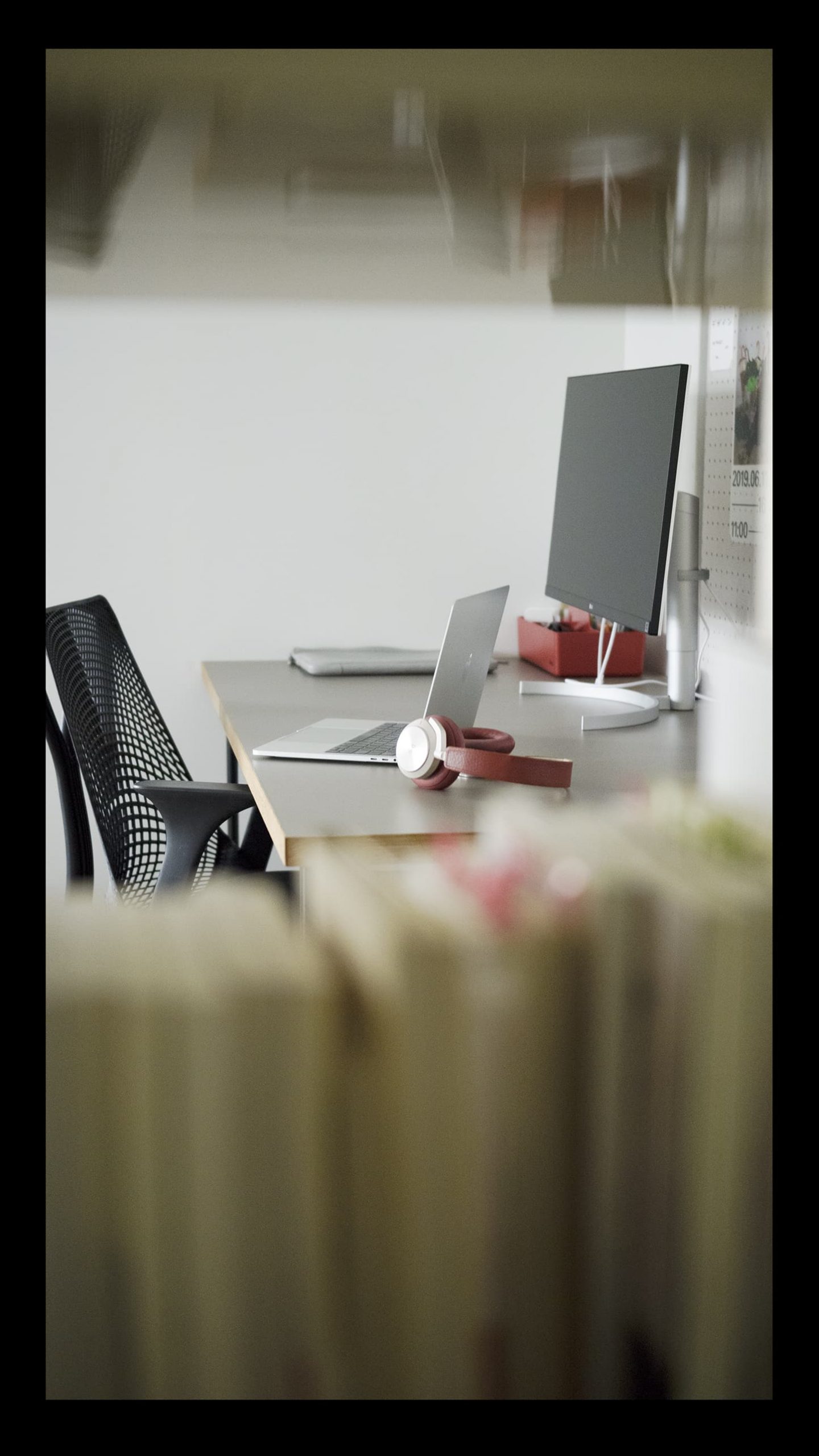
"I try to write texts that are like photographs”
This is going to sound a little abstract, but… I think photography works as a
very interesting metaphor. In a way, a camera is a tool that cuts something out
of the existing world, isn’t it? Researching and writing reports are very
similar acts, I think. Unlike writing something completely new, like a poem or a
novel, my work consists of "cutting something out of the existing world”. In a
way, I actually try to write in a way that is similar to photography. What I
mean is that although anything I "cut out” of the world is taken from my
individual point of view, there is no lying or fabrication involved in the
process. And I include countless little details that will only be noticed by
those who notice them. At least that’s the kind of text I aim to write. So, I
often tell myself and others that I am trying to write texts that are like
photographs.
Also, the tools you use influence your mind when you’re writing. I’m looking forward to find out how the fp will change the texts I write.

